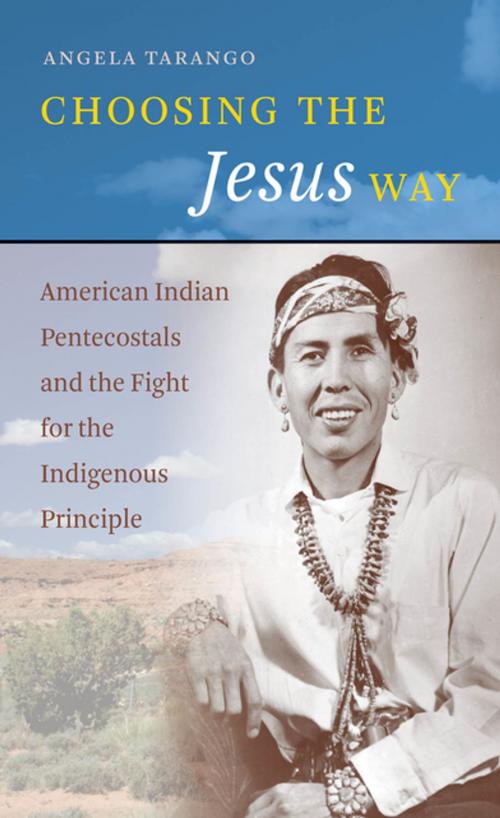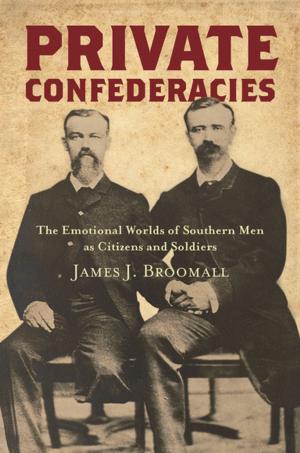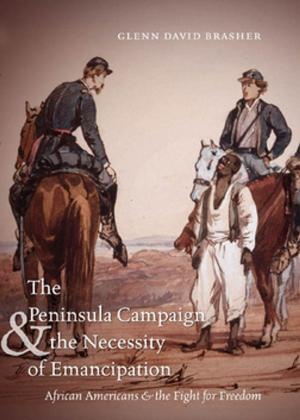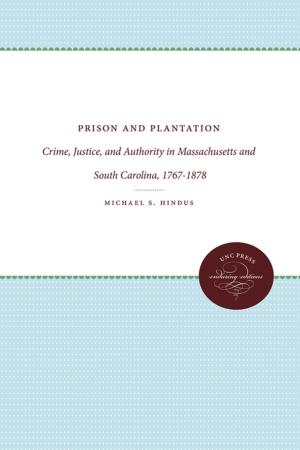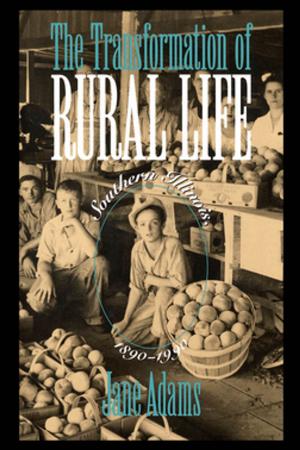Choosing the Jesus Way
American Indian Pentecostals and the Fight for the Indigenous Principle
Nonfiction, Social & Cultural Studies, Social Science, Cultural Studies, Native American Studies, History, Americas, Native American, Religion & Spirituality, Christianity, Denominations, Pentecostalism| Author: | Angela Tarango | ISBN: | 9781469612935 |
| Publisher: | The University of North Carolina Press | Publication: | April 21, 2014 |
| Imprint: | The University of North Carolina Press | Language: | English |
| Author: | Angela Tarango |
| ISBN: | 9781469612935 |
| Publisher: | The University of North Carolina Press |
| Publication: | April 21, 2014 |
| Imprint: | The University of North Carolina Press |
| Language: | English |
Choosing the Jesus Way uncovers the history and religious experiences of the first American Indian converts to Pentecostalism. Focusing on the Assemblies of God denomination, the story begins in 1918, when white missionaries fanned out from the South and Midwest to convert Native Americans in the West and other parts of the country. Drawing on new approaches to the global history of Pentecostalism, Angela Tarango shows how converted indigenous leaders eventually transformed a standard Pentecostal theology of missions in ways that reflected their own religious struggles and advanced their sovereignty within the denomination.
Key to the story is the Pentecostal "indigenous principle," which encourages missionaries to train local leadership in hopes of creating an indigenous church rooted in the culture of the missionized. In Tarango's analysis, the indigenous principle itself was appropriated by the first generation of Native American Pentecostals, who transformed it to critique aspects of the missionary project and to argue for greater religious autonomy. More broadly, Tarango scrutinizes simplistic views of religious imperialism and demonstrates how religious forms and practices are often mutually influenced in the American experience.
Choosing the Jesus Way uncovers the history and religious experiences of the first American Indian converts to Pentecostalism. Focusing on the Assemblies of God denomination, the story begins in 1918, when white missionaries fanned out from the South and Midwest to convert Native Americans in the West and other parts of the country. Drawing on new approaches to the global history of Pentecostalism, Angela Tarango shows how converted indigenous leaders eventually transformed a standard Pentecostal theology of missions in ways that reflected their own religious struggles and advanced their sovereignty within the denomination.
Key to the story is the Pentecostal "indigenous principle," which encourages missionaries to train local leadership in hopes of creating an indigenous church rooted in the culture of the missionized. In Tarango's analysis, the indigenous principle itself was appropriated by the first generation of Native American Pentecostals, who transformed it to critique aspects of the missionary project and to argue for greater religious autonomy. More broadly, Tarango scrutinizes simplistic views of religious imperialism and demonstrates how religious forms and practices are often mutually influenced in the American experience.
